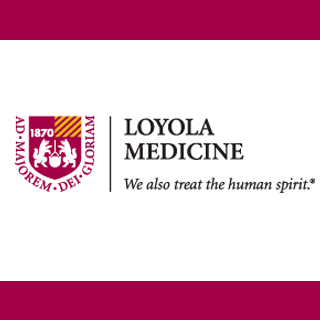
These new drugs seem to have an upper hand as compared to the standard drug Coumadin as they do not require monthly visits for the adjustment of their doses. The new drugs have been approved in Europe and apixaban is under development. Manufacturers of all three drugs are expected to seek approval from the U.S. Food and Drug Administration as well.
Interactions with other drugs can make the new blood-thinning drugs either ineffective or too effective. For example, St. John’s Wort which is consumed particularly for depression can make the drugs less efficient while aspirin can make the drug more efficient. This thereby increases the risk of bleeding. One research identifies that one-third of older adults use aspirin and another research identifies that 29 percent of adults aged 57 to 85 consume a minimum of five prescription drugs.
“A high proportion of adults in the United States consume at least one of the drugs known to have some level of interaction with one of the new oral anticoagulants,” commented by the Loyola researchers “The impact of any drug interaction will only become known with increasing clinical experience of these new oral anticoagulants”
The lead researcher was blood clot specialist Jeanine Walenga, PhD, a professor in the Cardiovascular Institute and departments of Thoracic and Cardiovascular Surgery and Pathology at Loyola University Chicago Stritch School of Medicine.
Coumadin is seemingly useful to patients who suffer from chronic conditions like irregular heart rhythms or who have undergone a latest surgery of the hip and knee replacements. It reduces the risk of life threatening blood clots in these patients. Coumadin should be evaluated properly as it could have diverse effects if consumed either more or less. High consumption would lead to excessive bruising and individuals could be at a greater risk for brain hemorrhages. Conversely if it is consumed in low levels it would not be effective in reducing life threatening blood clots. Therefore it is advisable that the patients should undergo a blood test every month to decide whether the levels of Coumadin are accurate or if it needs to be adjusted.
“Many unknowns remain as to how the new anticoagulants will behave in the real world patient population” commented by the researchers.
Until now information about potential drug interactions was collected from clinical trials that involved relatively healthy patients and animal studies. It is observed that very little is known about elderly patients who had multiple health issues and who could miss their doses or take incorrect doses. New drugs provide a great advantage and are of great convenience but it lacks clinical trials that should not be underestimated.
The article appears in the June issue of the International Journal of Clinical Practice.
